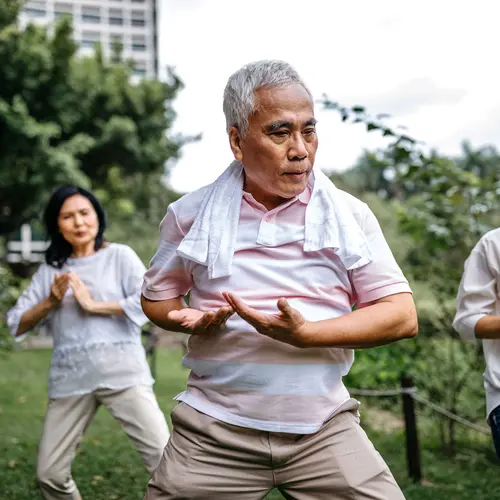Think of Lou Gossett Jr., and his menacing Marine Gunnery Sergeant Emil Foley in An Officer and a Gentleman comes immediately to mind. But fearsome as that hit movie's role was, Gossett in real life is anything but.
Proof positive is in his new autobiography, An Actor and a Gentleman, out last month, where he describes spending some of his early years in Hollywood being fearful himself. His second trip to the city, back in the 1960s, was a nightmare.
"I rented a [Ford] Fairlane Galaxie 500 -- white with a red interior," he recalls. "I put the top down, turned the radio on, and started driving down Sunset Boulevard," he says. Then reality hit. It took Gossett four hours and 55 minutes to go 10 miles because he was stopped so many times by police. Gossett, who grew up in Brooklyn, N.Y., where friendships cut across ethnicities, says, "I got my first dose of racism."
Lou Gossett's Eracism Foundation
Racial equality in the United States has come a long way since then, but plenty more work remains. And Gossett, 75, is at the forefront with his new project, the Eracism Foundation, dedicated to abolishing racism, violence, and ignorance. The foundation will eventually be organized around "Shamba Centers" in the heart of inner cities, places where children can go after school to play sports, hang out, and learn about their history and culture.
Keeping kids away from drugs will be an obvious goal for the centers, a battle with which Gossett is all too familiar. After winning the Best Supporting Oscar in 1983 for An Officer and a Gentleman, he expected acting offers to pour in. "When my contemporaries in New York got Oscars, they got to do what they wanted," he says. But Gossett didn't. "My heart began to break," he says. "And I fell into self-abuse." Drugs and alcohol dulled the pain until he was forced to face reality. "A doctor told me, 'You're not going to be around too long.'" And then he started on the road to recovery.
Helping him along that road were Satie, his biological son, and Sharron, who Gossett adopted after seeing him during a segment on the homeless on ABC's Good Morning America in 1985. But try to compliment Gossett for literally changing the course of a boy's life, and he replies simply, "We changed each other's lives." He has the same hopes for the Shamba Centers. "We need to be one country, under God, indivisible, with liberty and justice for all."

